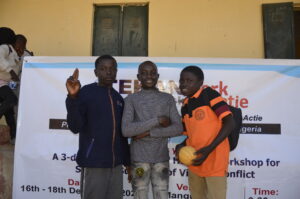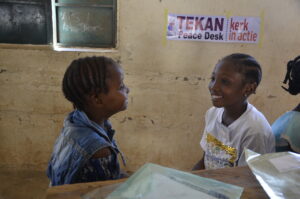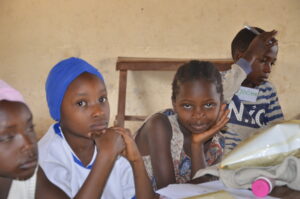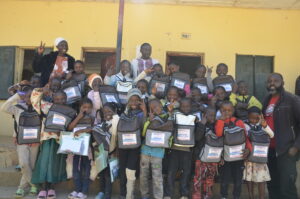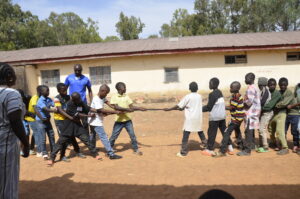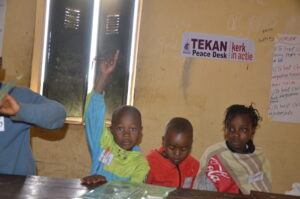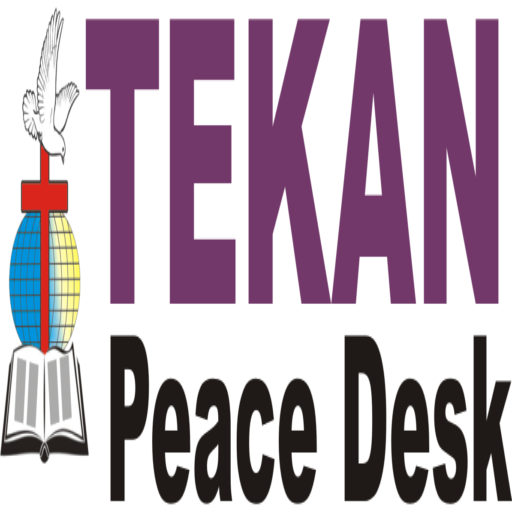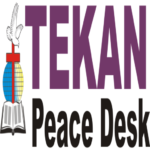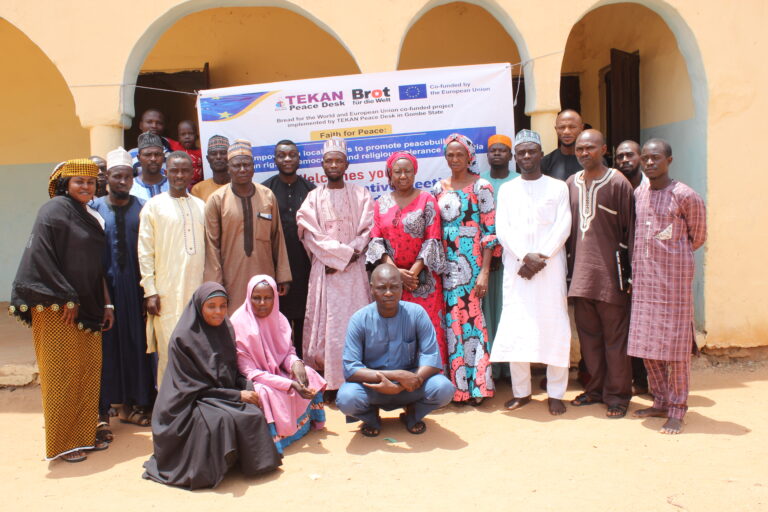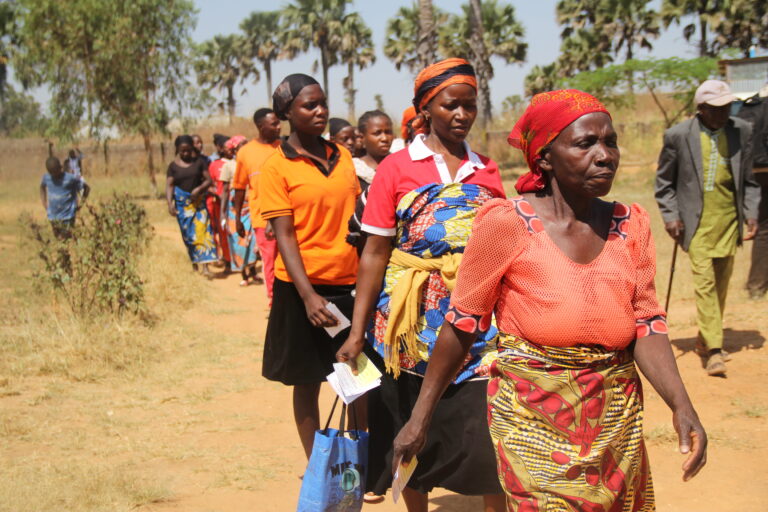Contributors: Gloria Paah, Nandom Lere, Garos Chuwang, Naandong Lannap, Christopher Lekuk, Joshua Philemon, Gwet Bamshak Ayuba, Abigail Magaji
Activity supported by Kerk in Actie
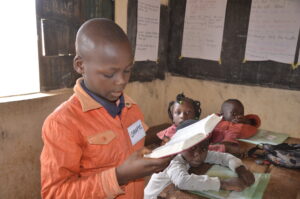
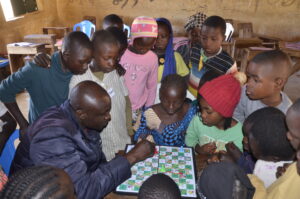
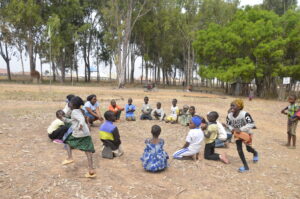
The conflict between farmers and herders has claimed numerous lives, destroyed properties, and displaced many. Many young lives have been forever changed by the trauma of loss and displacement. In the aftermath of violent conflicts, the physical wounds may heal, but the emotional scars often linger. The road to recovery after a violent conflict can be long and arduous.
The organization conducted a three-day Children and Adolescent Trauma Healing Workshop for 100 adolescent survivors and 150 children survivors of violent conflict in Mangu and Bokkos LGAs of Plateau State from 16th-18th December 2024. The workshop aimed to help the children and adolescents understand that losing people and things is a part of life, that negative events do not define their value, and that forgiveness is essential for their healing.
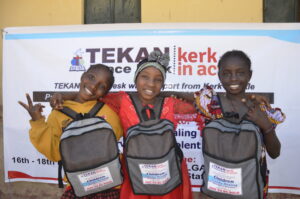
One participant, Umusa, embodied the transformation that took place during the workshop. Overcome with emotion, she shared her story of loss and anger, confessing that she would never forgive the Fulani Militia for killing her father. However, as the workshop progressed, Umusa began to understand the concept of forgiveness and its role in healing. By the end of the workshop, she stood up, her eyes shining with newfound hope, and declared, “God has a plan for us all.” Umusa’s story is a testament to the power of trauma healing and the resilience of the human spirit.
Another participant, Nanbot, opened up about her painful experience. She shared how her neighbor, a tenant in her father’s house, had killed her mother and threatened to kill her elder brother. The mere mention of the perpetrator’s name still provoked intense emotions in Nanbot. With tears in her eyes, she asked, “How can I ever forgive this person?” The facilitators gently guided her towards understanding that forgiveness is for her healing, not for the perpetrator.
Throughout the workshop, participants engaged in interactive sessions, group work, and sharing, gradually opening up and confronting their emotions.
The workshop’s impact was palpable. Participants demonstrated improved emotional regulation, forgiveness, and resilience. They gained confidence, self-awareness, and a renewed sense of purpose. As one participant noted, “I learned that I am not alone and that my emotions are valid.”
The success of this workshop underscores the importance of addressing the emotional and psychological needs of conflict survivors. As TEKAN Peace Desk continues to provide support and follow-up sessions, we remain committed to empowering these young survivors to rebuild their lives, restore their dignity, and rediscover hope.
Join us in promoting healing, resilience, and peace-building in Plateau State.
Together, we can make a difference.
